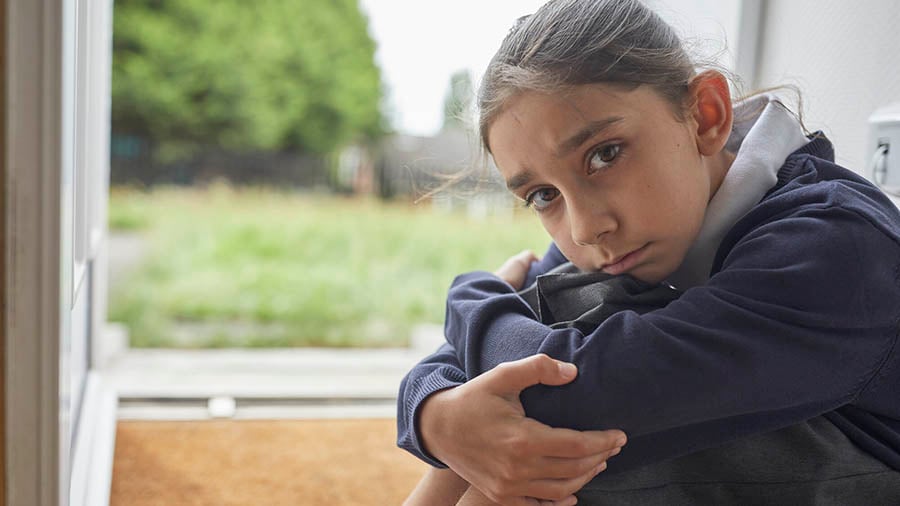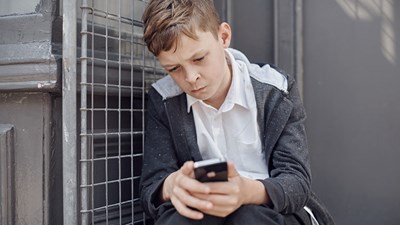Children’s Mental Health Week runs from 6-12 February this year. We’ve got advice for young people, their parents and carers.
What is Children's Mental Health Week?
This annual event in the UK, co-ordinated by the children’s charity Place2Be, aims to raise awareness of children’s mental health.
The theme this year is Let’s Connect, focused on encouraging children and young people to connect with others in healthy, rewarding and meaningful ways.
New insights into children’s mental health from Childline

As Children’s Mental Health Week launches, data from Childline shows an increase in children talking about accessing support for their suicidal thoughts.
Between April 2021 and March 2022, Childline – our counselling service for children and young people – delivered 24,837 counselling sessions on suicidal thoughts and feelings.
In 2,024 of those sessions, children spoke about accessing support from their parents, friends, school or services like CAMHS for their suicidal thoughts. That’s a 61% increase compared to the year before.
- being on a waiting list
- their feelings about the level of support they were receiving
- worries about how to talk to a parent or carer.





